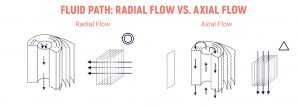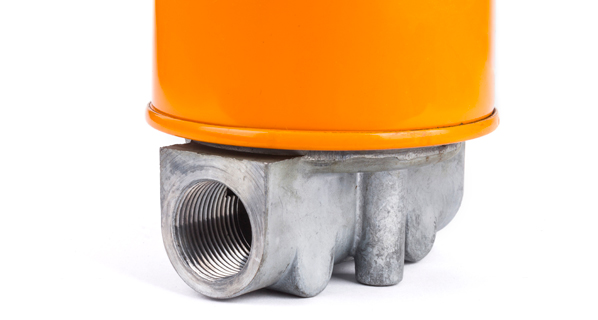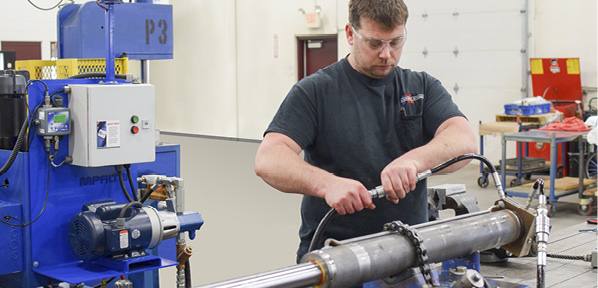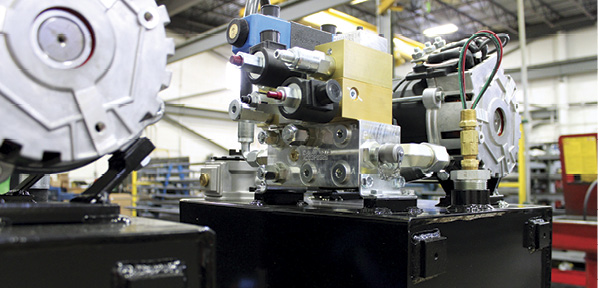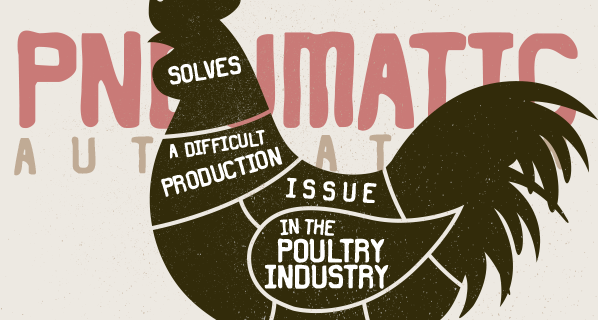Capacity Crowd Microfiltration Catches Particles Large and Small

By Menno Krom, Managing Director, RMF Systems, a subsidiary of Des-Case;
and Ivan N. Sheffield, Director of Filtration, Des-Case
In the hydraulic market, it is accepted that contamination causes 80% of all mechanical failures. The contamination can result from the presence of solid particles such as metal, sand, and rubber. It’s also true that 90% of that 80% would be eliminated by using proper filtration.
Some filtration systems and elements are incapable of removing particles smaller than 2 µm, also called silt. Fluctuations in the supply and the resulting changing conditions mean that these filters cannot carry out fine filtration; most of the silt remains in the system and affects the chemical composition of the oil.
Changes in temperature cause water vapor to condense, resulting in unwanted water in the oil, and the presence of this free water helps to accelerate the deterioration of the oil.
All these problems lead to reduced oil usage life and increases in component wear, maintenance costs, and machine downtime. Removing silt and preventing the formation of free water can combat these problems.
In the past, some filtration systems used pleated cellulose elements for their systems. These were normally βeta 2 at the given micron size, meaning they were 50% efficient. Some engineers believe that all cellulose elements are in this category. There is a vast difference in pleated cellulose elements and RMF Systems radial cellulose elements. Radial filtration elements offer a big advantage.
Microfilter element
At the heart of radial filtration systems is a unique microfilter element. This microfilter element works according to the radial through-flow principle, not axial flow (see illustration below). It has a filter fineness of 0.5 micron and is able to remove the smallest of contamination particles from the oil. The microfilter element has a βeta 4 micron ≥2000.
The element material is composed primarily of cellulose, which is applied by a special wrapping method. The material is capable of retaining solid particles and absorbing water. This helps to prevent the chemical deterioration of the oil and the formation of various acids and sludge. Hydraulic cylinder extension, for example, can draw air including contamination particles and water vapor into the oil reservoir. The water vapor condenses due to temperature changes and causes oxidation of the oil, leading to serious mechanical wear in the system.
There are other advantage to Des-Case’s RMF Systems radial microfiltration element.
The tolerances between moving parts in servo and proportional valves are constantly reducing. The result is that even the smallest amounts of silt can cause damage to the system. Radial microfiltration elements remove this silt.
Radial microfiltration elements applied in bypass or off-line configurations constantly clean oil from the reservoir. The oil that reaches the in-line filter is therefore cleaner and allows longer life for this expensive filter. The in-line filter then acts primarily as an emergency filter.
Fewer oil changes
Increasingly strict environmental laws in the area of oil changes, oil storage, and disposal of used oil leads to corresponding cost increases. Radial microfiltration elements mean fewer oil changes and therefore less cost.
Frequent oil changes are generally the result of chemical deterioration of the oil caused by the oil oxidation process, which is accelerated by the presence of water and heat. Radial microfiltration elements remove silt and water from the oil.
RMF Systems radial microfiltration elements also offer a large particle collection capacity, a high filtration capacity due to depth effect, and a large water-absorption capacity. In addition, these elements do not adversely affect viscosity or additives, do not remove additives, reduce the oxidation process, and reduce the forming of acids.
